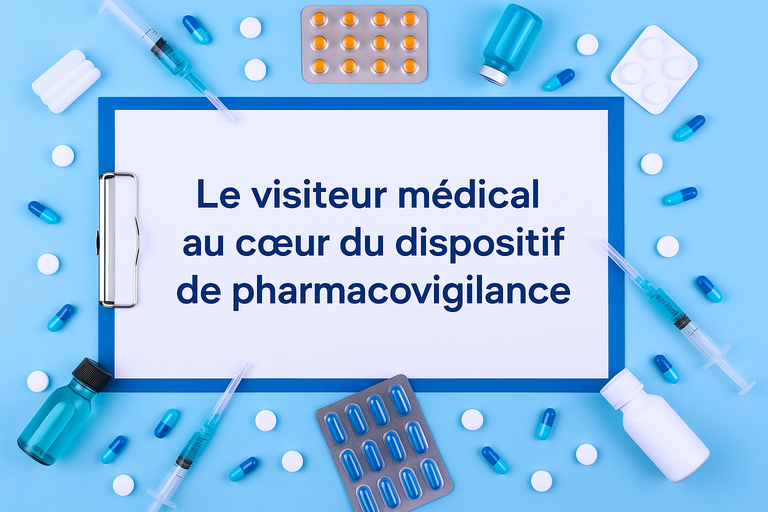The Medical Representative at the Heart of the Pharmacovigilance System

May 9, 2025
Reading Time: Approximately 2 Minutes
In the pharmaceutical industry, the role of the medical representative is not limited to presenting scientific and regulatory data related to the drug to healthcare professionals. The medical representative embodies a key vector of safety, transparency, and field monitoring, positioned at the crossroads of regulatory requirements and medical needs.
The medical representative is the spokesperson of the laboratory in the field. As such, they must:
In practice, this involves staying up to date, mastering key messages, and being able to respond accurately to healthcare professionals' questions.
In the field, the medical representative must ensure that healthcare professionals have access to the latest reliable and validated information about the medications they present. Specifically, they must:
By acting as a liaison between healthcare professionals and the laboratory they represent, the medical representative is thus a key player in the management of drug safety.
For medical representatives, good pharmacovigilance practices involve a thorough understanding of the regulatory framework and the right reflexes to adopt in specific situations.
For trainers in the pharmaceutical industry, it is crucial to effectively prepare medical representatives, the real field sentinels, who play a central role in the pharmacovigilance system.
Committed to supporting medical representatives in all their missions and to promoting best practices in pharmacovigilance, Phosphore Santé has developed a regulatory module dedicated to pharmacovigilance, designed to be impactful and enjoyable to navigate.
Interested in a demo? Contact us!